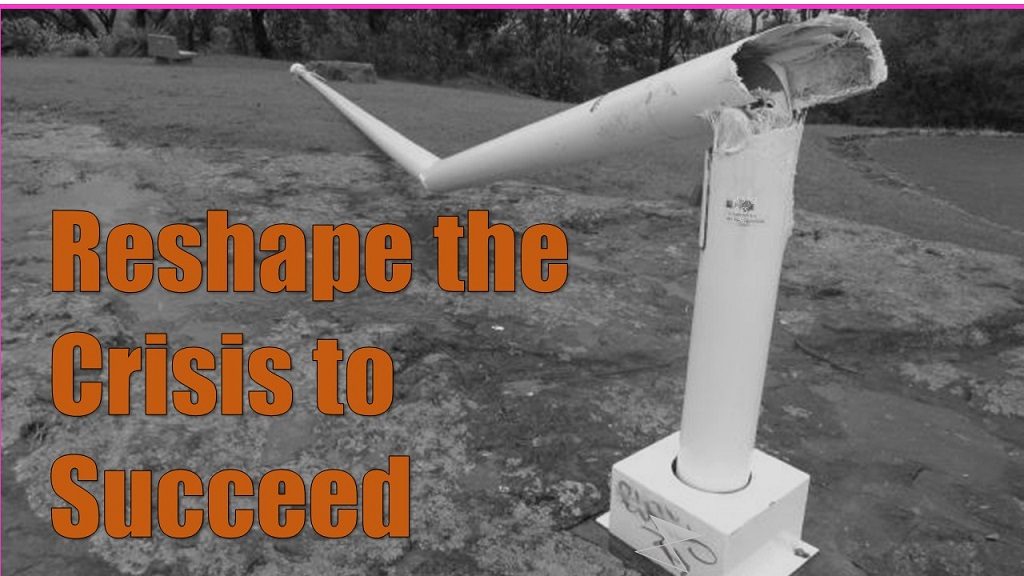
Holding a crisp $100 bill high in the air a wise man asked a crowd of people, “Who would like this $100? Hands rose throughout the room. He said, “I’m going to give this money to someone in the room, but first let me do this. He crumpled the bill into a little wad and asked, “Who still wants the money?” The hands remained aloft. ‘What if I do this?” He dropped the money to the floor and ground it into the floor with his shoe. He picked up the soiled and smashed bill and asked, “Now, who wants the money?” Every hand was still raised.
The wise man looked across the room and said, “This is a very valuable lesson. No matter what I did to the money, you still wanted it because it did not decrease in value. After all I did to the bill it was still worth $100.”
Many times in our lives, we are dropped, crumpled, and ground into the floor by the decisions we make and the circumstances that come our way. We feel as though we are worthless. But no matter what has happened or what will happen to you, your value never diminishes. You are valued and, unlike a $100 bill, your crumpled, soiled and stomped self is more valuable for the experience.

 Do you ever sense you’re in water over your head? When starting a new job, relationship, or task, we often feel that there is too much to know, too much to learn and not enough time to do it all. When I’m faced with such a feeling I remember an African folk tale of the frogs that fell into a milk pail.
Do you ever sense you’re in water over your head? When starting a new job, relationship, or task, we often feel that there is too much to know, too much to learn and not enough time to do it all. When I’m faced with such a feeling I remember an African folk tale of the frogs that fell into a milk pail.

